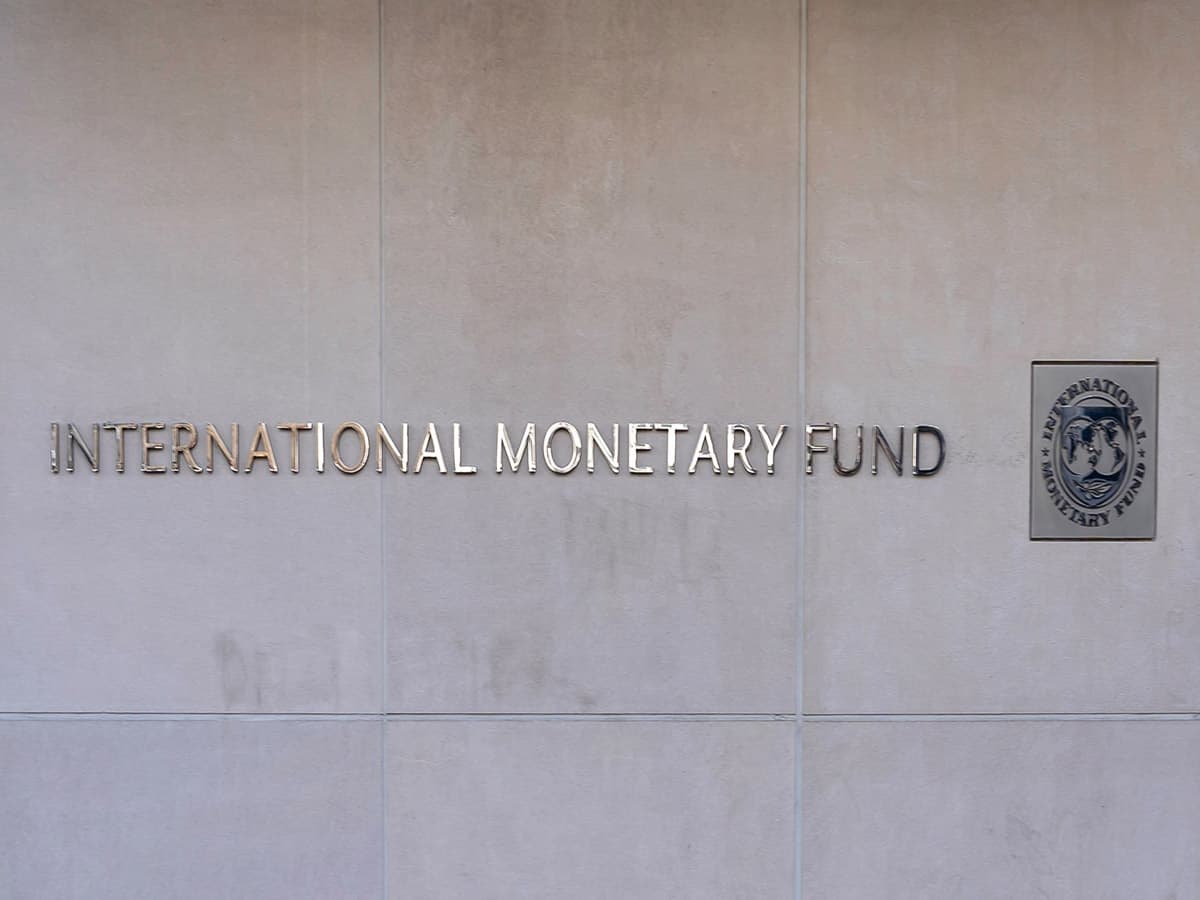
Washington: The war in Ukraine has affected the Asian economy broadly in terms of trade and financial market uncertainties and inflation, a top IMF official said on Tuesday, warning that going forward the risk of fragmentation was quite serious in the Asia Pacific region.
If you look at the (Ukrainian) war itself, there are multiple channels through which it has affected Asia. One, of course, is the falling external demand. Asia doesn’t have many strong trade links with Russia. But Asian trade links with Europe are pretty high. To the extent that Europe is affected significantly by the war in Ukraine, it affects external demand for countries in Asia, Krishna Srinivasan, Director Asia and Pacific Department, International Monetary Fund (IMF) told PTI in an interview.
The second area is on food and commodity prices, which have increased significantly since the war, he said.
They had already gone up during the pandemic but had been intensified in the context of the war. That has implications for inflation and domestic demand. For instance, inflation crowds out consumption by affecting disposable income. When you try to address inflation through an interest rate policy, it will likely affect investment demand. But addressing inflation is extremely important even if it slows growth in the near term, he said.
According to Srinivasan, trade uncertainty is another issue. What we’ve seen is even before the war, even before the pandemic, the tensions in trade between various countries, notably within China and the US have been quite strong. So, trade uncertainty had gone up quite a bit. Now, what we see in the context of the war in Ukraine is risks of rising fragmentation that also has a bearing on how the prospects for Asia going forward, he added.
If you add to that the financial market uncertainty, there are four things through which the war in Europe affects Asian economies,” he observed.
Each of these has a different weight, he noted. For me, the big thing is inflation, which has been really a big problem across all countries in Asia, he said.
Initially, inflation was not such a big problem in Asia in 2021, it was more muted.
But 2022 has seen an increase in pricing across the board and core inflation is higher than the target in many Asian countries. That is a very important thing. But I think going forward, the risks of fragmentation are quite serious. That’s one thing which one has to worry about, he said.
Srinivasan that an overarching factor or a predominant factor in boosting Asian prospects over the last several years is the trade and global value chains. That is an area where the rising trade uncertainty and the risk of fragmentation can undermine prospects. It’s important for these countries to have greater integration, overcome the tensions we have in trade, so that leads to decline, trade uncertainty, he said in response to a question.
Observing that financial integration has increased over the years between China, Hong Kong, and Singapore, Srinivasan said that was also an element where countries in the region could benefit from greater integration.
If you look at the Regional Comprehensive Economic Partnership (RCEP), I think that’s the biggest trade area now. All the ASEAN countries, plus China, Japan, Korea, Australia, and New Zealand. This is the biggest trade area. That kind of integration will be important to continue going forward. I mentioned that all the more so because the risk of fragmentation is significant. One has to think in terms of how do I integrate them, and how do we integrate these weaker countries in the region better. And I think that’s the way to go forward, he asserted.
Srinivasan said the IMF has done some work on fragmentation by taking a scenario of what happens if there are these two blocks, and how trade is affected in high-tech sectors. You can see that Asia will be significantly affected, he said.
So any kind of fragmentation into blocks for whatever reason .. Quad or other blocks, whatever the reason, that could lead to greater inefficiencies, distortions, and it will undermine the very foundation of free trade and so on, which has been a big factor in boosting growth prospects in Asia, he said.
What we’ve seen is uncertainty has increased a lot in the last several years, rising from US-China tensions, but more so recently in the context of the war. If that continues and as the world becomes more fragmented, you are going to see problems for Asia, in particular. Because for Asia, global value chains, and trade have been a big reason for why it has been such a more dynamic region in the world, Srinivasan said.
